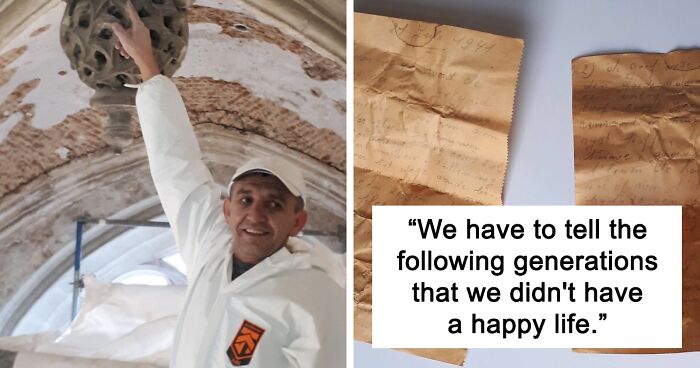
Worker Finds A Message From 1941 Hidden In The Roof Of This Church And It’s Giving A Different Perspective On Life
InterviewIf a time capsule exists, it must be this hidden note which has just been discovered in the ornament at St. James’s Church in Antwerp, Belgium. The worker who made the discovery found a tiny sheet of paper carefully wrapped in a box of matches and placed inside a keystone that connects the vaults of the ceiling.
Upon closer inspection, it was determined that the note dates back to July 21, 1941. But the text scribbled inside it turned out to be more peculiar than the finding itself.
Signed by four men, John Janssen, Jul Gyselinck, Louis Chantraine, and Jul Van Hemeldonck, it revealed the grim times and poor conditions they were working in. Astonishingly, the men had a thing to say to future generations too, and it’s sincerely beyond touching.
More info: Antwerpen.be
The worker at St. James Church in Antwerp found a note placed inside this keystone on the ceiling
Image credits: stad_antwerpen
The tiny sheet of paper was carefully put in this box of matches
Image credits: stad_antwerpen
Saint James‘ Church in Antwerp, where the hidden note was found, is one of the city’s most important architectural and historical venues.
In the early fifteenth century, it used to be the starting point for pilgrims journeying to the burial place of St. James the Greater in Santiago de Compostela. The church soon proved to be too small and in 1491, it was reconstructed in Brabant Gothic style.
Signed by four men who worked on the ceiling, the text dates back to July 21, 1941
Image credits: stad_antwerpen
Image credits: stad_antwerpen
Bored Panda reached out to Birgit Van de Leest, the project leader at AG VESPA who shared more information about the unusual finding.
Birgit explained that the note, which dated back to July 1941 during WWII, gave an insight into the problems common people faced during the war. “Food became particularly expensive and the authors of the letter were hungry and had to work hard for little money.”
Image credits: stad_antwerpen
Birgit also said that the German occupier prohibited the Belgian national holiday (July 21st), which made matters even harder. The painters who wrote the letter didn’t enjoy their lives since they “experienced two wars, one in 1914 and one in 1940. That counts, huh!”
This is the full text as translated from Dutch shared by one Imgur user
In the note, they also said “we are working here, starving; they squeeze us to the last penny for a little food.”
Birgit added: “It is quite unusual to find such an extensive account, let alone dated July 21, 1941. Usually, we find notes which are dated, with some names and sometimes a little something about the words.”
And this is what people had to comment
St. James’ Church also houses the famous memorial chapel of Antwerp Baroque painter Peter Paul Rubens. According to the church’s website, “He painted the altarpiece Madonna Surrounded by Saints in the chapel. Elsewhere in the church you can admire a masterpiece by Jacob Jordaens.”
Meanwhile, the site is undergoing restoration of the church’s inner and outer shells. It’s quite likely that the member of the restoration staff was working on it when he discovered the hidden note in the ceiling ornament.
126Kviews
Share on FacebookAnother thing we should stockpile is books and recordings to preserve our knowledge and culture. We need to construct Knowledge Arks to store books on science, history, etc., as well as classic novels, poetry, plays and short fiction. CDs of great music, DVDs of classic films and TV as well.
Books and pictures are options that will indeed transfer our knowledge into the future. All the other media like CDs and DVDs will be unusable. A working cassetteplayer is already difficult to find, barely 60 years after cassettes were introduced. And which computer still has a floppy diskdrive? So in the future you won't have the technology to access what's stored on CD or DVD because they became redundant.
Load More Replies...What I want to know is who was exploiting these poor workmen! Shame on whoever it was, forcing these starving men to work on a dangerous (85ft high) job for almost nothing. Regardless of how hard the times were, exploiting a desperate person is wrong!
This was during WWII. Belgium was occupied by the Germans. In those times people didn't have any choices. You either worked or died.
Load More Replies...Another thing we should stockpile is books and recordings to preserve our knowledge and culture. We need to construct Knowledge Arks to store books on science, history, etc., as well as classic novels, poetry, plays and short fiction. CDs of great music, DVDs of classic films and TV as well.
Books and pictures are options that will indeed transfer our knowledge into the future. All the other media like CDs and DVDs will be unusable. A working cassetteplayer is already difficult to find, barely 60 years after cassettes were introduced. And which computer still has a floppy diskdrive? So in the future you won't have the technology to access what's stored on CD or DVD because they became redundant.
Load More Replies...What I want to know is who was exploiting these poor workmen! Shame on whoever it was, forcing these starving men to work on a dangerous (85ft high) job for almost nothing. Regardless of how hard the times were, exploiting a desperate person is wrong!
This was during WWII. Belgium was occupied by the Germans. In those times people didn't have any choices. You either worked or died.
Load More Replies...
 Dark Mode
Dark Mode 

 No fees, cancel anytime
No fees, cancel anytime 






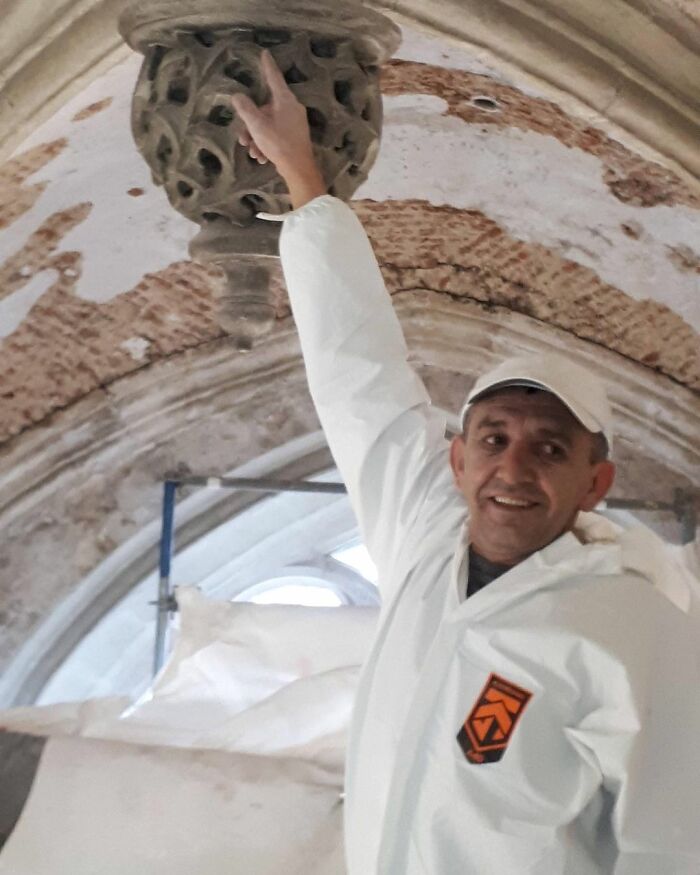

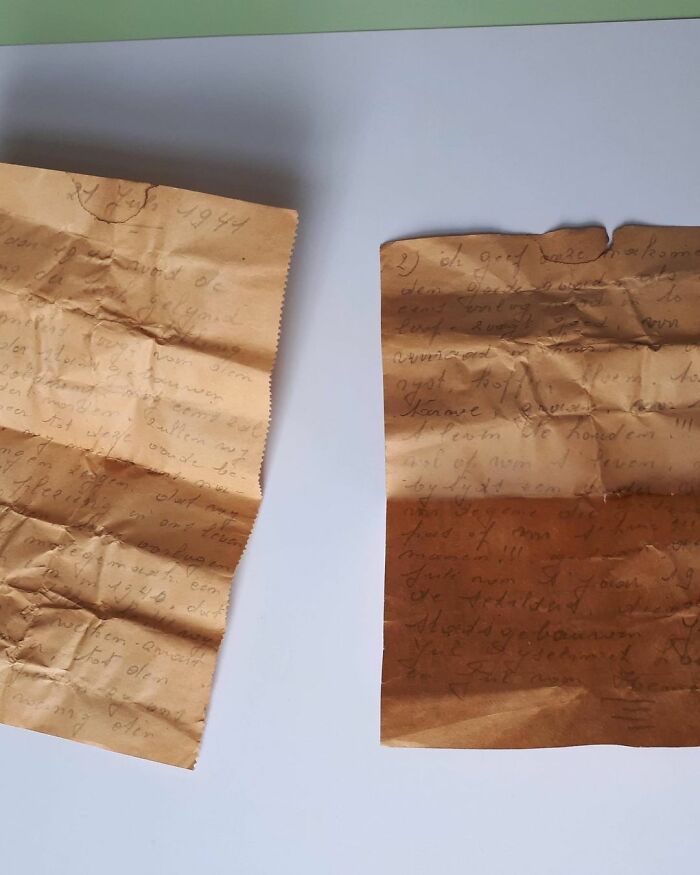
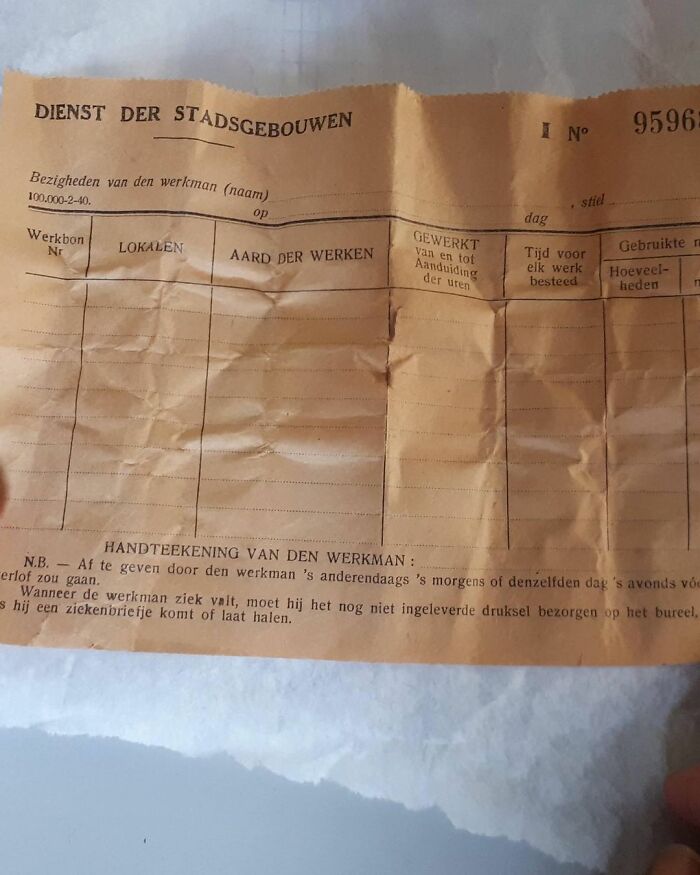
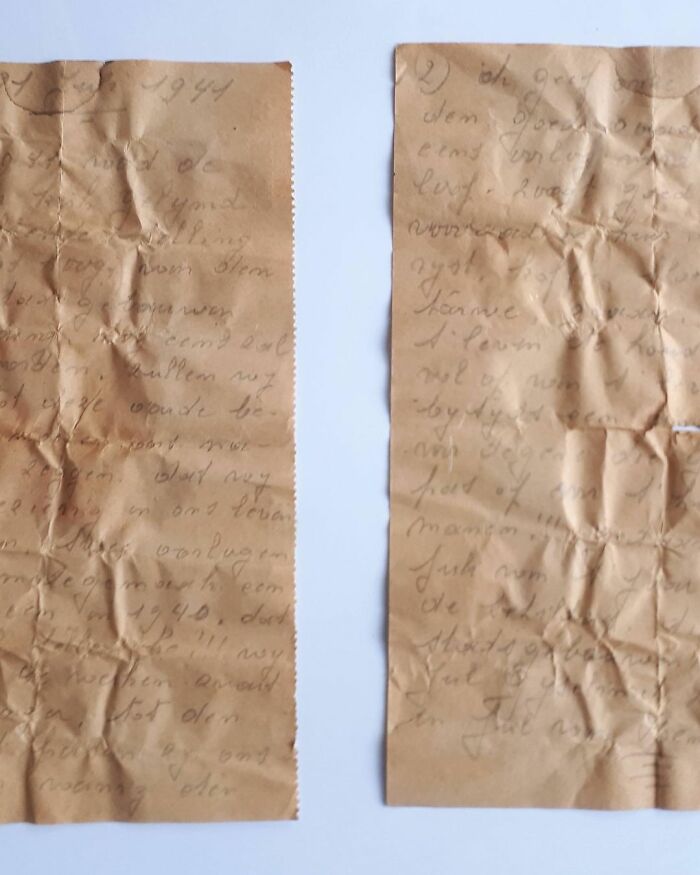
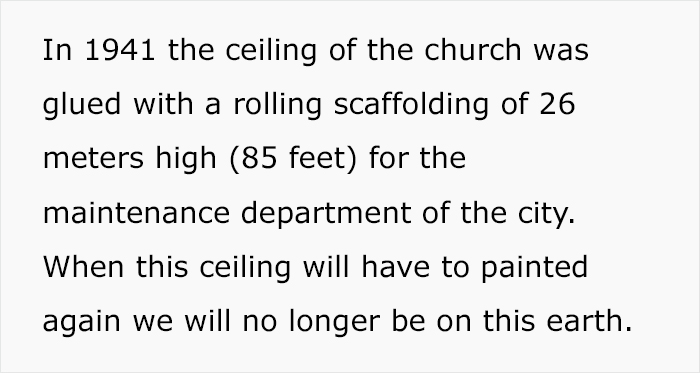
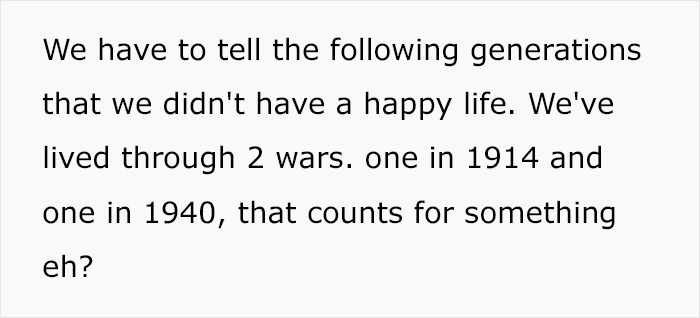


























































191
24